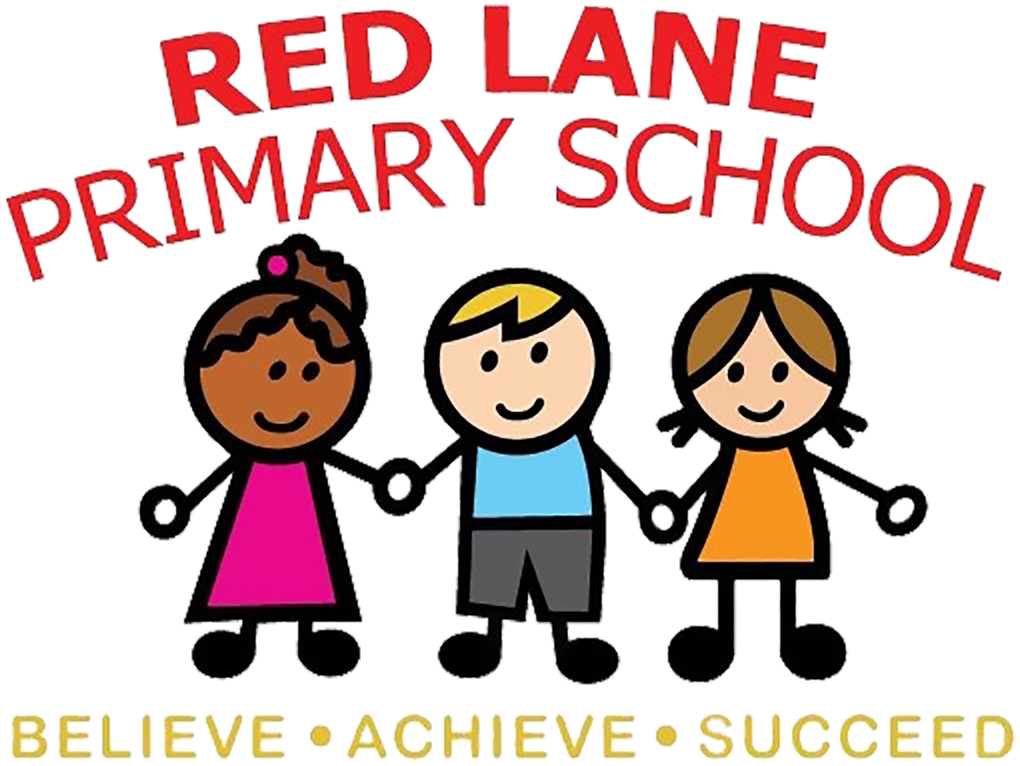Learning & Development
Design Technology
Design Technology embodies some of the highest forms of human creativity and technological advancement and we believe that it is our duty to develop cultural appreciation of designers, engineers, textile artists and chefs, and to develop knowledge of key individuals and their contributions in this field. It is through these key principles that we engage, inspire and challenge pupils whilst equipping them with knowledge and skills to explore, invent and create their own works of design and innovation.
At Red Lane, Design Technology is taught as a discrete subject in order that the development of knowledge and skills is taught meaningfully and explicitly. Naturally, links are made to other areas of the curriculum but this does not dilute the quality and entitlement of high quality Design Technology teaching.
The school’s long term plan for Design Technology sets out the content of teaching within in each year group. This is supported by the school’s Design Technology progression document which demonstrates learning outcomes within each strand of development within a Design Technology unit. Short term planning details how this content is developed over a series of lessons within the unit of work. The organisation of the Design Technology curriculum provides structured opportunities for pupils to:
- record responses, including observations of the natural and made environment;
- gather resources and materials, using them to stimulate and develop ideas;
- explore and use two and three-dimensional media, working on a variety of scales;
- review and modify their work as it progresses;
- develop understanding of the work of designers, engineers, chefs, artists and craftspeople, from a range of times and cultures, applying knowledge to their own work;
- respond to and evaluate design and technology including their own and others’ work;
- show development in their ability to create designs and products;
- understand and apply the basic principles of design and technology including: mechanisms, textiles, food, structures and electrical systems;
- realise their ideas and sustain a level of working from start to the completion of a project or a piece of work.
